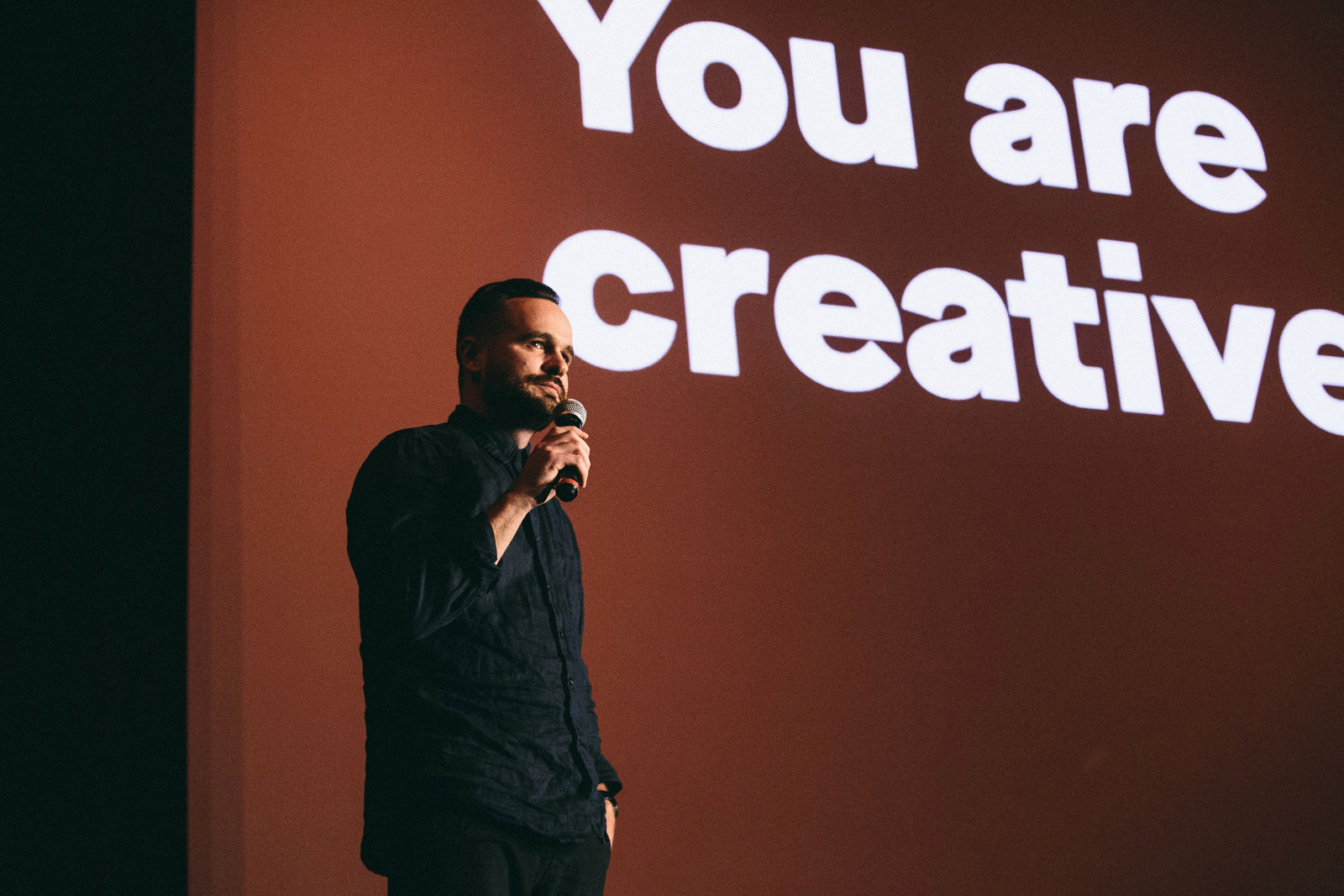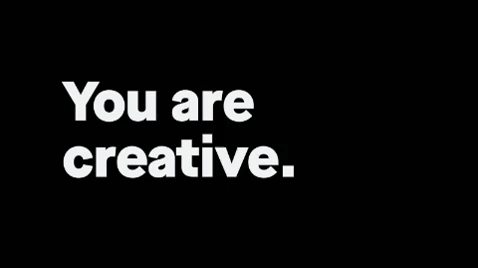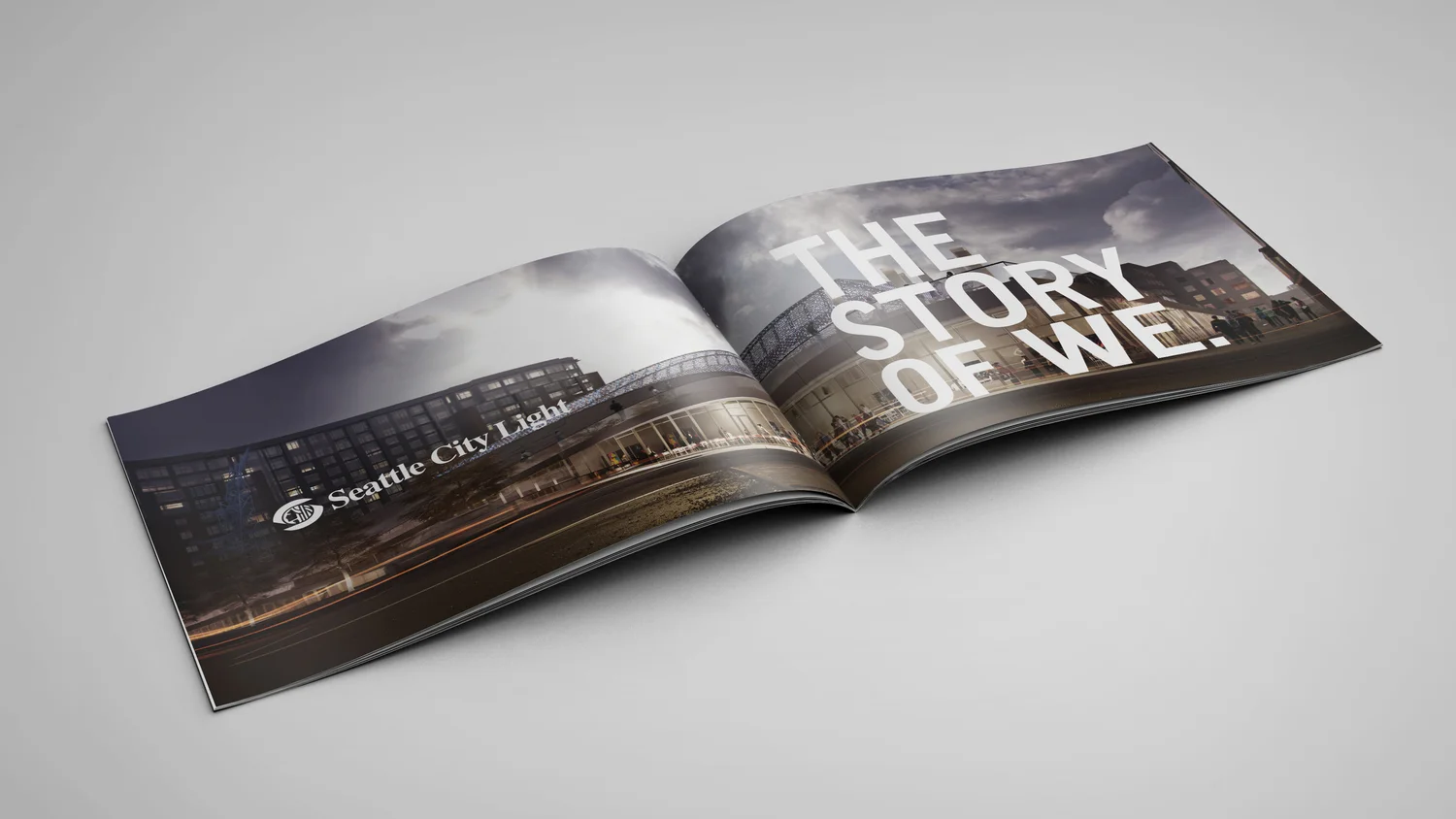I had the privilege of speaking at Ignite Seattle #35 this past week. It was the shortest talk I've ever given, but by far the most stressful. What I didn't anticipate is that a five minute Ignite talk is more of a performance than a talk, and those who do the best are those who memorize their talks, like memorizing lines for a play. This is impossible for me - my brain has never worked this way. So whether lecturing in academic settings or speaking at design conferences, I've always spoken to an outline of material I know really well, knowing that I can fudge my timeline. With Ignite, this is not the case – and I was the only speaker to go over my allotted five minutes (by 20 seconds). The big takeaway – I learned that short format performances are not my strength.
Each talk was tremendous, and I was really impressed with the diversity of thought and perspective represented at Ignite 35. I suggest you watch each of them. I also suggest you submit an idea for a talk for Ignite 36 – preparing an Ignite talk is a great learning experience, a fantastic opportunity to meet interesting people, and substantial personal achievement. You won't regret it.
//
My talk was titled What Government Bureaucracy Taught me About Creativity. Below is my talk, followed by my original outline, which contains a bit more content.
You are creative.
I believe that. But chances are, you don’t.
A study by Steelcase in 2017 found that 72% of knowledge workers believe their future success is dependent upon their ability to be creative.
But a study by Adobe found that only 25% of us actually believe we are living up to our creative potential.
So why the disparity? What is getting in the way of our creativity? And what do we do about it? As someone who has worked in creative roles for most of my career, these are questions I constantly wrestle with.
These questions became especially acute when I went to work for government. It was an amazing privilege to work for the Mayor’s office. I had the opportunity to meet some brilliant, passionate, and hard working public servants that have dedicated their lives to serving our city.
But it was also an excruciating 22 months. Bureaucracy made some things really clear as to why creativity is so hard.
Here’s why:
1. Opposition to risk
And for good reason, right? Government has the enormous responsibility of spending our tax dollars. But this opposition to risk doesn’t just manifest in process-oriented things like checks and balances, it manifests in the beliefs, attitudes, and values of the organization. Ultimately what you get is an environment that rewards consistency over change, sameness over divergence
2. Hierarchy
In an environment where an individual cannot make a decision on their own, they begin to doubt their intuition. Intuition becomes something to question, challenge, and silence. This system replaces trust in people with trust in a hierarchy. Hierarchy subverts self agency and self efficacy. It allocates people to becoming a mechanism of efficiency, not of effectiveness.
3. Posturing
Holding the cards close. Constantly trying to anticipate your opponent’s next move. Even among colleagues, there is an assumed competition. Posturing is a product of hierarchy, because in hierarchy, the bottom exists for the top, the top doesn’t exist to support the bottom. So at every step of the way, if you want to get ahead it’s up to you as an individual. You come to believe that to make it, you have to put yourself first. It become viciously competitive. Everything becomes about leverage. Aspirations become something you bury deep down, instead of out in the open where they can be supported and encouraged.
These are key characteristics of bureaucracy, but in reality I think these things are universal. The truth is that while government shone a spotlight on these things, these are conditions of resistance we all face. Whether you’re an overworked and under resourced bureaucrat, or a highly paid and highly resourced techie.
What government bureaucracy afforded me was a stark contrast that highlighted the necessary conditions for creativity. Conditions that no design thinking guru had ever mentioned.
There are three big conditions necessary for creativity that I want to share with you.
1. Belonging
Belonging is about safety. It’s about knowing that you have the job you have because there’s something about your true self that is seen and valued. Belonging recognizes the messiness of the human condition and says all of you is welcome here. This is a safe place. We’re for you, and we want you to succeed. This kind of belonging negates the fear of risk. This kind of free merit is powerful, and intrinsically out-motivates any carrot on any stick.
2. Trust
Trust is a necessary ingredient for individual empowerment, for individual autonomy. Trust is necessary to advance and change the status quo, because at the end of the day you need to know that if the system isn’t there to watch your back, the person next to you is. Trust is necessary for the work of creativity and innovation because creativity and innovation are innately oriented towards making what doesn’t’t exist, exist. When you begin a creative venture, you often don’t know what the outcome is, to go along this journey into the unknown means that you can’t place your confidence in an outcome, instead it must be placed in another. Trust empowers self agency and self efficacy. Trust creates the critical space necessary to voice and follow your intuition.
3. Integrity
Finally, trust instills integrity. Integrity encourages transparency. Integrity really anchors all of this, because integrity means that you say what you mean. You can be trusted. Integrity is the line drawn around belonging. With integrity, your thoughts, hopes, and actions all align. Integrity implies united strength, it is the trait of being undivided. When you are trustworthy and undivided as a human, you are someone who can focus and channel the energy necessary to accomplish great things.
All of this is very human work. These aren’t things you will learn about in a design thinking web course, at the root of belonging, trust and integrity is about identifying where shame exists and snuffing it out, in yourself and in the culture you are responsible for.
Of course, this isn’t a prescription. There are always more factors, but if you focus on cultivating a culture instead of building a system, creativity will flourish. You will come to realize your creative potential. And your creative world turn from black and white to color.
You are creative. I hope you discover the belonging, trust, and integrity necessary to see your creativity flourish.

























